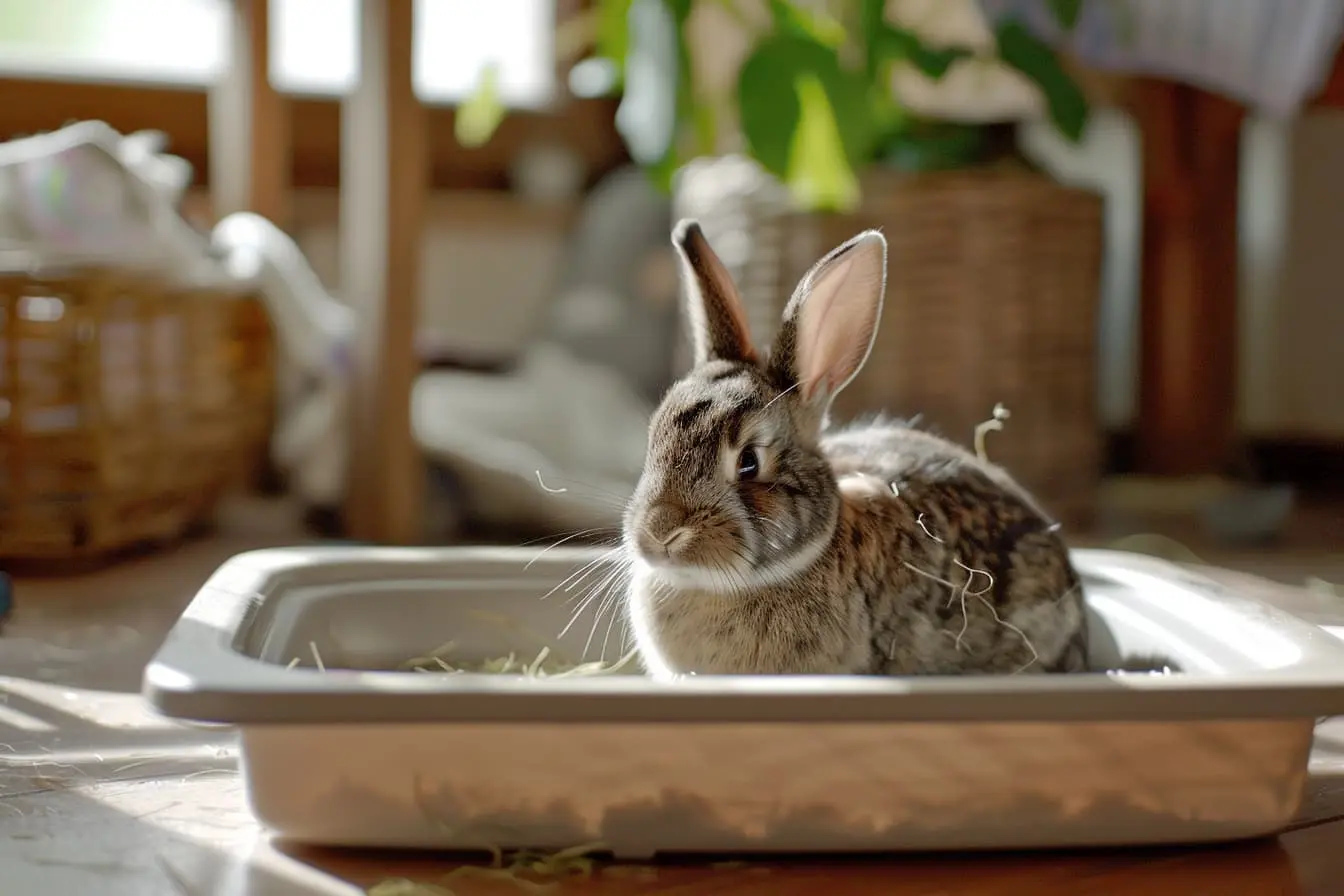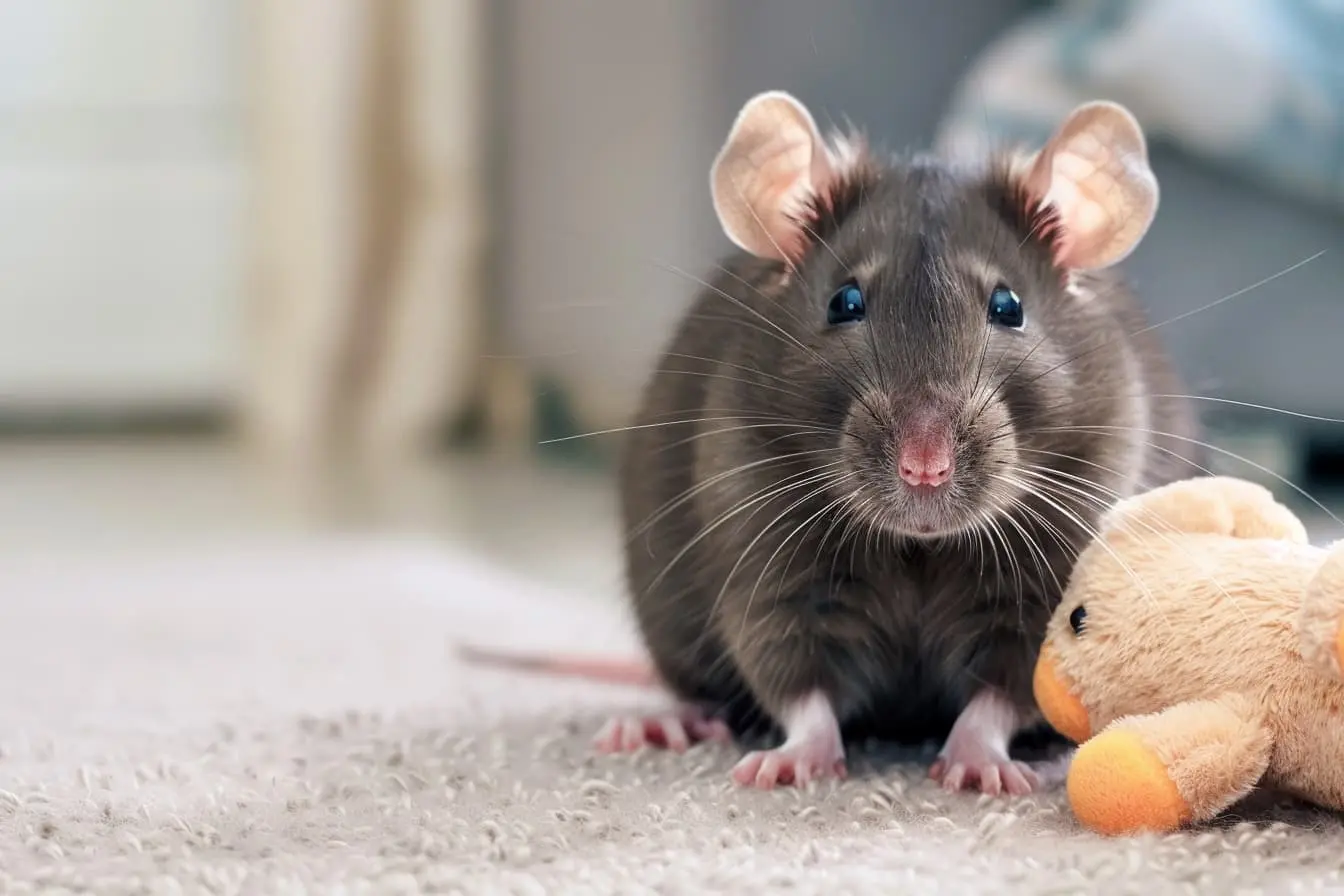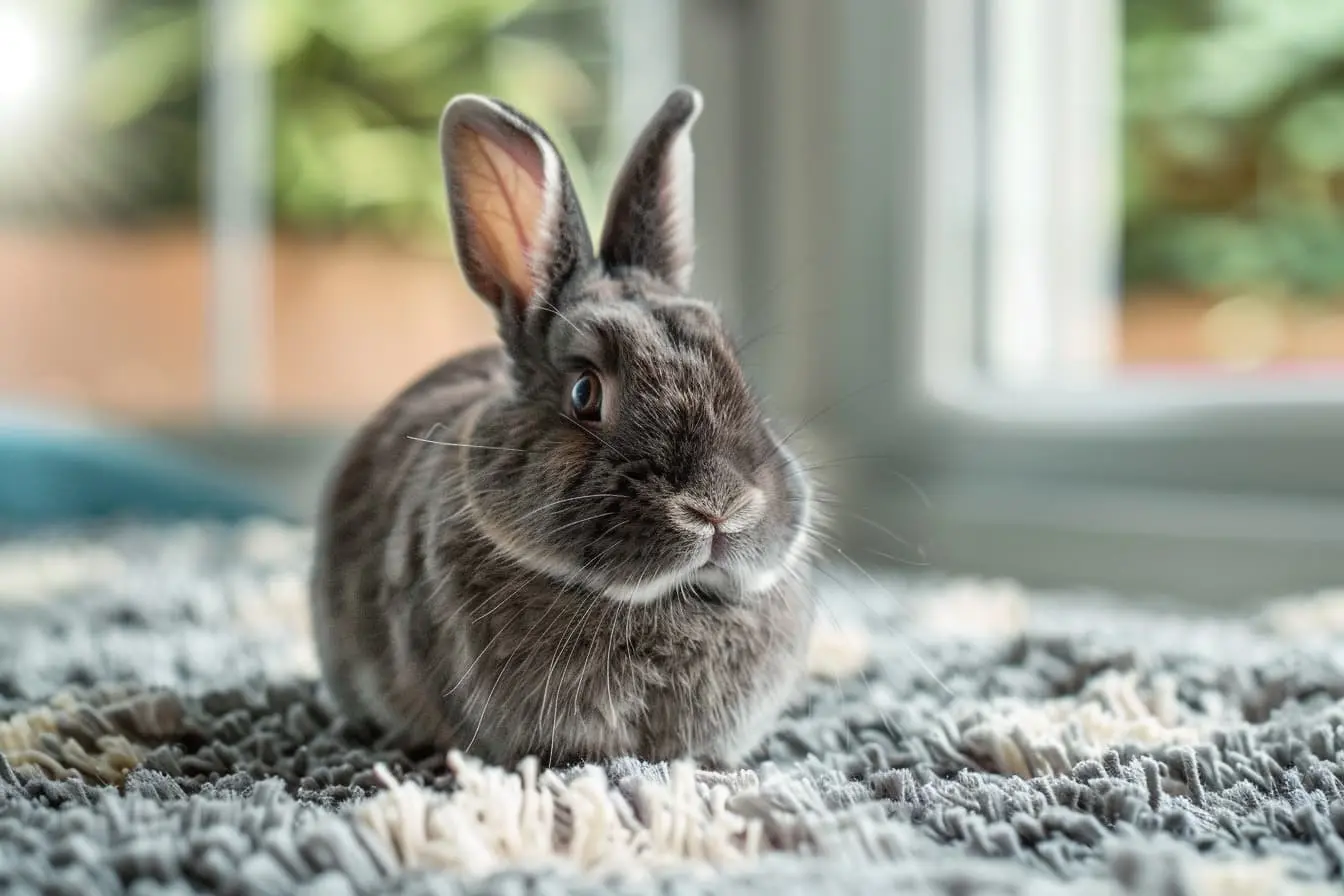
The Essential Feeding Guide for New Ferret Owners: Nutrition for Your Furry Friend
Embarking on the journey of ferret ownership brings much joy and a unique set of responsibilities, particularly when it comes to nutrition. Ferrets are obligate carnivores, meaning their diet must be rich in animal protein to thrive. This guide is crafted to help new ferret owners navigate the complexities of feeding their pet, ensuring they receive the optimal nutrition for a healthy, vibrant life.
Understanding Ferret Nutrition
Ferrets have a high metabolic rate and require a diet that is rich in protein and fat, with minimal to no carbohydrates. Their digestive system is not designed to process fibre effectively, so it's crucial to focus on animal-based food sources.
The Foundation: High-Quality Ferret Food
Commercial ferret kibble, specifically formulated to meet their nutritional needs, should form the basis of your ferret's diet. Look for kibble that contains at least 35-40% protein and 18-20% fat, primarily from animal sources. Avoid foods with grain or vegetable-based proteins, as these are not adequately processed by ferrets and can lead to health issues.
Raw Diet: A Natural Alternative
A raw diet can mimic what ferrets eat in the wild and is considered by many as the best option for providing the necessary nutrients. This diet can include raw meats, whole prey (such as mice and chicks), and organs. If choosing a raw diet, it’s essential to do thorough research to ensure it is balanced correctly, as a poorly managed raw diet can lead to nutritional deficiencies.
Treats for Training and Bonding
While treats should only make up a small portion of your ferret's diet, they can be useful for training or bonding purposes. Suitable treats include bits of cooked meats or commercial ferret treats that are high in protein. Avoid sugary fruits, vegetables, and grains, as these can upset their digestive system and contribute to health problems.
Foods to Avoid
Ferrets have specific dietary needs, and certain foods can be harmful to them, including:
- Dairy products
- Grains and cereals
- Fruits and vegetables
- Chocolate and caffeinated items
- Anything high in sugar or carbohydrates
Fresh Water: A Must-Have
Access to fresh, clean water is essential for ferrets, especially considering their high protein diet can increase their risk of dehydration. Ensure water is available at all times, preferably through a sipper bottle to keep the water clean.
Feeding Schedule and Portions
Ferrets eat small meals frequently throughout the day, so it's best to have food accessible at all times. Monitor your ferret's weight and adjust portions as necessary to avoid obesity, which is a common health issue in ferrets due to their love of eating and the high-calorie nature of their diet.
Conclusion
Providing the right nutrition for your ferret is crucial for their health and longevity. Whether you choose a commercial ferret food or a raw diet, ensuring the diet is high in animal proteins and fats is essential. Remember, each ferret is an individual, and what works for one may not work for another, so be prepared to adjust their diet as needed. With the right care and nutrition, your ferret can enjoy a happy, active life as your beloved companion. Welcome to the rewarding experience of ferret ownership!
Vets near you
Speciality vets
- Aquatics vet specialists
- Birds vet specialists
- Camelids vet specialists
- Cats vet specialists
- Cattle vet specialists
- Deer vet specialists
- Dogs vet specialists
- Equines vet specialists
- Exotic vet specialists
- Goats vet specialists
- Pigs vet specialists
- Poultry vet specialists
- Sheep vet specialists
- Small Mammals vet specialists
- Wild vet specialists
Vet facilities
- Accessible by public transport
- Blood testing
- Car park nearby
- Client car park
- Dentistry
- Diagnostic imaging
- Disabled public access
- Flea and worm treatments
- Microchipping
- Mobile services
- Neutering
- Open at weekends
- Out-of-hours service
- Referral interests
- Referrals only
- Street parking outside
- Toilets available
- Vaccinations



